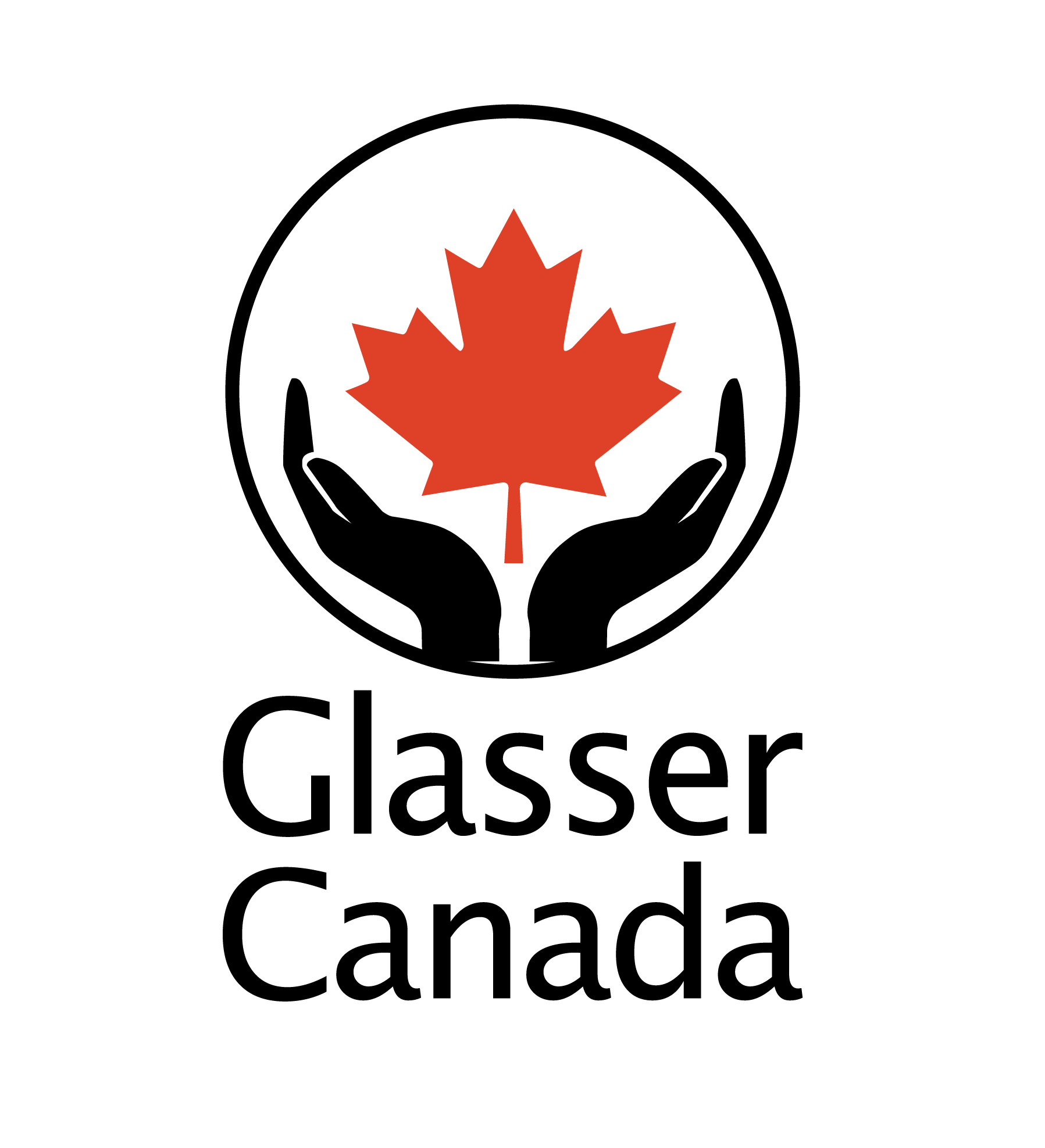Dr. Glasser was a world-renowned board-certified psychiatrist that did not agree with the medical model of medicating for mental illness. Instead, he believed in working with people and helping them to find and build stronger relationships. He first developed Reality Therapy ® in 1965 and after writing several other books in 1998, he published his now classic book called Choice Theory®, A New Psychology of Personal Freedom.
Reality therapy is the method of counseling that Dr. Glasser has been teaching since 1965. Reality therapy is firmly based on choice theory and its successful application is dependent on a strong understanding of choice theory. Reality therapy training is available to anyone…the first step in learning this tool is to enroll in a Basic Intensive Week.
Since unsatisfactory or non-existent connections with people that we need are the source of almost all human problems, the goal of reality therapy is to help people reconnect.
All behaviours are . . .
- Internally-motivated
- Purposeful
- Flexible
- Creative
It is probably the best communication tool you can learn to lead your team. It helps you learn the art of self-evaluation and will help you and your staff focus on solutions as opposed to problems. Learning these ideas will help you create a happier, more productive workplace. Lead Management is a part of what we teach incorporating these ideas.


Choice Theory® teaches us why and how we behave to match the picture that we want in order to satisfy our basic needs for survival, love and belonging, power, freedom, and fun. Our thinking, acting, feelings, and physiology occur together; therefore, we refer to this as Total Behaviour.
All behaviours are . . .
- Internally-motivated
- Purposeful
- Flexible
- Creative
No, anyone can take this training. We have had parents, grandparents, doctors, nurses, clergy, counsellor, psychiatrists, hairdressers, bus drivers, and others from various walks of life, take this training and learn a communication process that helps them help themselves and others.
The following are some of the contexts we have worked in, but we know we have just scratched the surface of what is needed.
- Indigenous communities
- Early Childhood Intervention
- Family dynamics and parenting/relationship skills
- Corrections
- Education
- Big Brothers, Big Sisters
- Boys and Girls Clubs
- Groups home counselors
- Domestic Violence counselors
- Loss/grief
- Disability
- Trauma
- First responders/police
- Addictions
- Sexual Orientation
- Need satisfying workplace relationships
Most teachers and school counselors tell us that they have mastered classroom management and take great joy in creating a classroom where students love to attend, have fun and learn.
In The Quality School: Managing Students without Coercion , Dr. Glasser explained how using the principles of lead management a school could create a Glasser Quality School. In subsequent writings, mainly Choice Theory: A New Psychology of Personal Freedom and in Every Student Can Succeed he further elaborates on these ideas.
A brief summary of the process to become a Glasser Quality School is described below:
The Principal’s role is vital in the implementation process. Before any formal training is begun, the Principal raises teacher, student and parent awareness of choice theory and reality therapy through readings and discussions of Dr. Glasser™s two books, Choice Theory: A New Psychology of Personal Freedom, and Every Student Can Succeed.
The school community of staff, parents and students make a firm commitment to move to a Glasser Quality School.
The Principal or School District offers formal training in choice theory and reality therapy to move more easily from coercive practices to those of lead management so that the learning environment is conducive to quality work. Schools are encouraged to maintain programs such as Cooperative Learning that are consistent with Dr. Glasser™s ideas.
Students and teachers are taught choice theory to reach a common ground in establishing a supportive, caring environment and in building healthy relationships that contribute to school success.
For any school to become a Glasser Quality School, it is necessary that at least a core group of staff complete the Institute Certification process through an Advanced Practicum, and hopefully, a Certification Week. A group is defined by each school in consultation with the Institute instructor.
Staff involves students in quality learning by introducing more need-satisfying classes to help students gain confidence and move through a process of self-evaluation and co-verification of student work.
For more information on Glasser Quality Schools or to see a full list of current Quality Schools visit wglasser.com
The Glasser Quality School is a process in action through which all those involved in the educational community find current and improved ways to foster the systemic application of Dr. Glasser’s concepts in schools throughout the world. The process has focused on the traditional model of training leading to Certification [CTRTC] for a critical mass of the school with key roles by Principals. This new model is more cost effective for schools and focuses on systemic improvement, offering each school more autonomy in declaring itself either a Glasser Quality School (GQS) or a Choice Theory® School (CTS). Autonomy is understood as the capacity of the school to govern itself, taking into account relevant factors, such as William Glasser’s books about education, William Glasser International’s guidelines for schools, international rights of students, and innovative methods.
Schools interested in the GQS/CTS ideas can apply for a membership through a Member Organization of William Glasser International, Inc. to access resources based on Choice Theory® and the community of educators who are integrating these ideas into their school systems. They can also pursue Glasser Quality School status through a process of co-verification. Quality School status requires school membership as stipulated, but school membership does not require the school to be identified as a GQS/CTS. Membership and status provide a working relationship among William Glasser International, the Member Organization, and the school. Member schools are then able to network and learn from each other through numerous forms of communication. Glasser Canada may charge a nominal fee of $25 Canadian to be featured on its resources page dedicated to the Glasser Quality School and/or those who are working through parts of the process.


